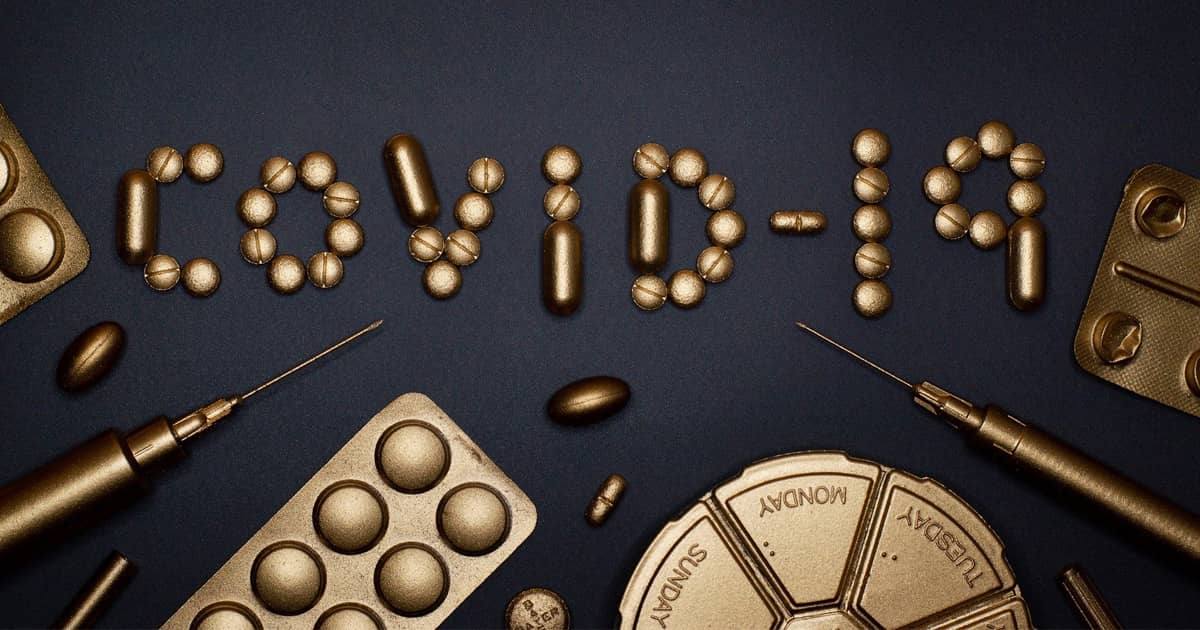New health challenges today are giving researchers more information and helping them sharpen previous approaches aimed at addressing already existing conditions. And vice versa – old research becomes applicable to tackling contemporary viral infections.
Recently, a research team from India reported that work has been done to ensure the development of effective vaccination strategies for both the novel coronavirus that causes Covid-19 and the human immunodeficiency virus (HIV). The results of their research were presented in two clinical trials.
Developing HIV and Covid-19 Vaccines
The two new studies were presented in the Journal of Biological Chemistry and Proceedings of the National Academy of Sciences.
In an attempt to increase vaccine effectiveness, the researchers focused on two very important and specific mechanisms aimed at handling each of the viruses. The first study presented the development of a heat-tolerant Covid-19 vaccine. The second one took a look at regions of the human immunodeficiency virus that are targeted by antibodies. A focus on such regions is anticipated to enable the development of an effective HIV vaccine in the future.
The researchers found some similarities that could contribute to the development of cost-efficient and reliable vaccines.
The Indian team that studied these mechanisms is actively working on the development of a Covid-19 vaccine that employs a mechanism different from all other known prototypes at the moment. In addition, they hope that the research focused on HIV will speed up the development of a vaccine for the virus. While HIV has been around for decades, a reliable vaccine isn’t available yet.
What It Takes to Make a Vaccine
India’s Covid-19 vaccine contains a part of the spike protein found in the coronavirus. This part helps the virus attach itself to a host cell before completing the infestation.
When tested in animals, this Covid-19 vaccine prototype provoked a very powerful immune response.
Another very important aspect of the vaccine is its stability at temperatures as high as 37 degrees Celsius. When freeze-dried, a version of the vaccine maintained its stability at an extreme temperature of up to 100 degrees Celsius.
You’ve probably read already that other Covid-19 vaccines in development need to be kept at a very low temperature to maintain their stability. This requirement contributes to serious logistical complications linked to logistics and storage. The Indian vaccine candidate completely eliminates that issue, a characteristic that makes it unique.
In addition, other vaccine types are mRNA vaccines and not protein-based. The Indian protein-based vaccine will potentially be easier to manufacture and a scaling up could be completed over a short period of time if needed.
According to team leader Raghavan Varadarajan, the next step would be to secure funding for clinical development and ensuring the safety of the vaccine. Some of the steps that will need to be completed include toxicity studies, safety tests, process development and GMP manufacture. The research team is hoping for a governmental subsidy, otherwise work on the vaccine development could be abandoned.
As far as research on the HIV vaccine goes, the team followed a similar logic like the one in its Covid-19 study. Research revolved around pinpointing the part of the HIV envelope protein that allows the virus to attach itself to a host cell. When this region is identified, neutralizing antibodies can begin doing their job. Not only will they prevent the virus from entering the host cell, they will also “tag” it to lead other immune cells to it.
Varadarajan said that vaccines using such mechanisms typically induce a better immune response than other kinds of vaccines.
So, to sum it up, the two methodologies employed by the Indian team for Covid-19 and HIV vaccine development are similar. At the same time, the approach differs from what other pharmaceutical teams have identified as viable virus destruction mechanism. The Indian researchers believe their work will help for the development of very effective and at the same time – cost-efficient vaccines.
Not the First Link
The findings of the Indian team aren’t the first ones that draw a parallel between the novel coronavirus and HIV.
Recently, a representative of a prominent pharmaceutical company spoke about the importance of HIV research and how it has already sped up efforts for the development of a Covid-19 vaccine. The company is already working in a partnership with the US Biomedical Advanced Research and Development Authority on the initiation of a coronavirus vaccine human clinical trial.
According to the company rep, the first batches of the vaccine could become available for emergency administration in 2021. Meeting such tight deadlines would not have been possible in the absence of extensive HIV research completed over the past decades.
And while the coronavirus pandemic has directed lots of resources towards such research, many pharmaceutical companies report their HIV vaccine efforts haven’t slowed down. Hopefully, both of these viruses will be tackled safely and effectively in the near future, making both Covid-19 and AIDS a thing of the past.
References:
- Datta, R. (2020, November 6). A facile method of mapping HIV-1 neutralizing epitopes using chemically masked cysteines and deep sequencing. PNAS. https://www.pnas.org/content/early/2020/11/06/2010256117
- Malladi, S. K., Singh, R., Pandey, S., Gayathri, S., Kanjo, K., Ahmed, S., Khan, M., Kalita, P., Girish, N., Upadhyaya, A., Reddy, P., Pramanick, I., Bhasin, M., Mani, S., Bhattacharyya, S., Joseph, J., Thankamani, K., Raj, S. V., Dutta, S., … Nadig, G. (2020, November 5). Design of a highly thermotolerant, immunogenic SARS-CoV-2 spike fragment. Journal of Biological Chemistry. https://www.jbc.org/content/early/2020/11/05/jbc.RA120.016284

